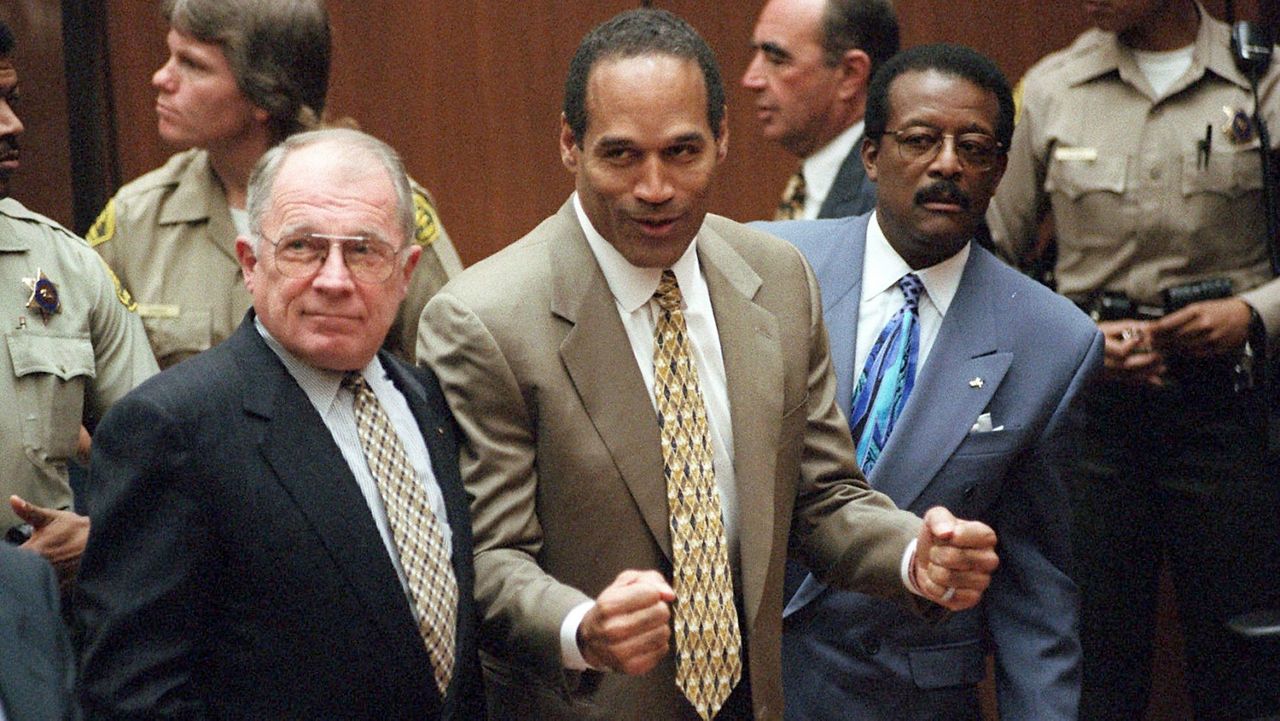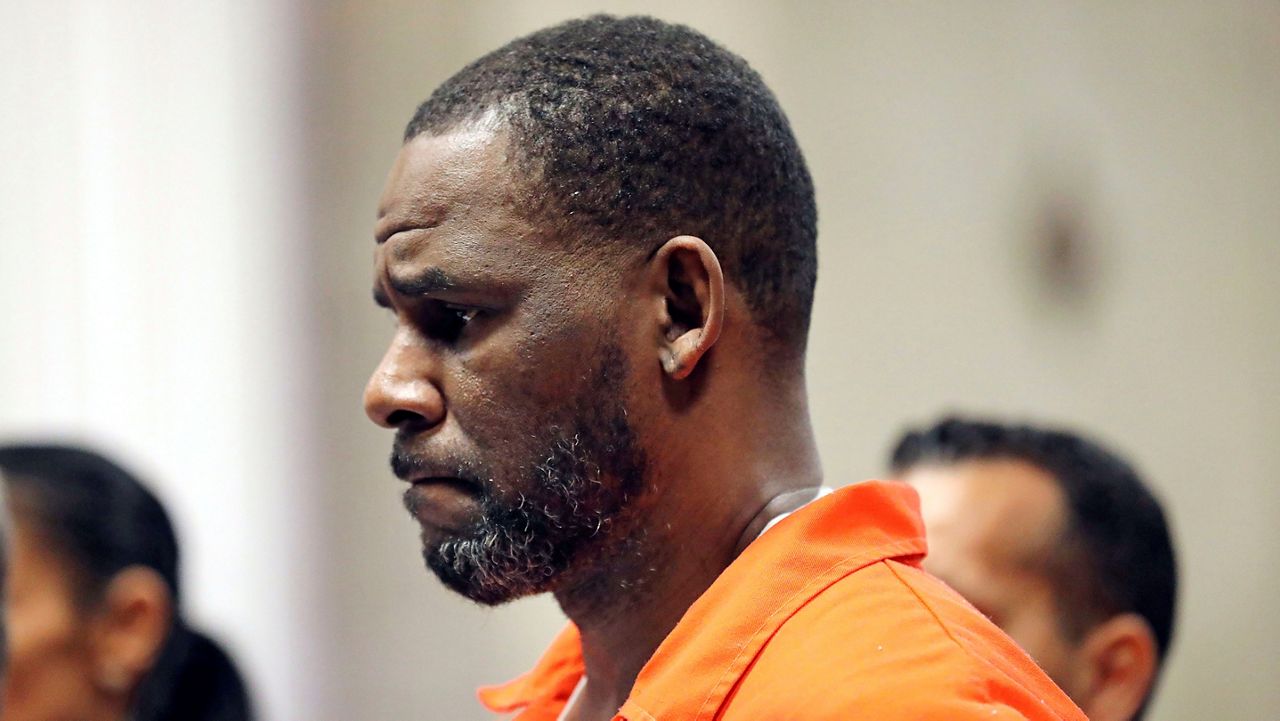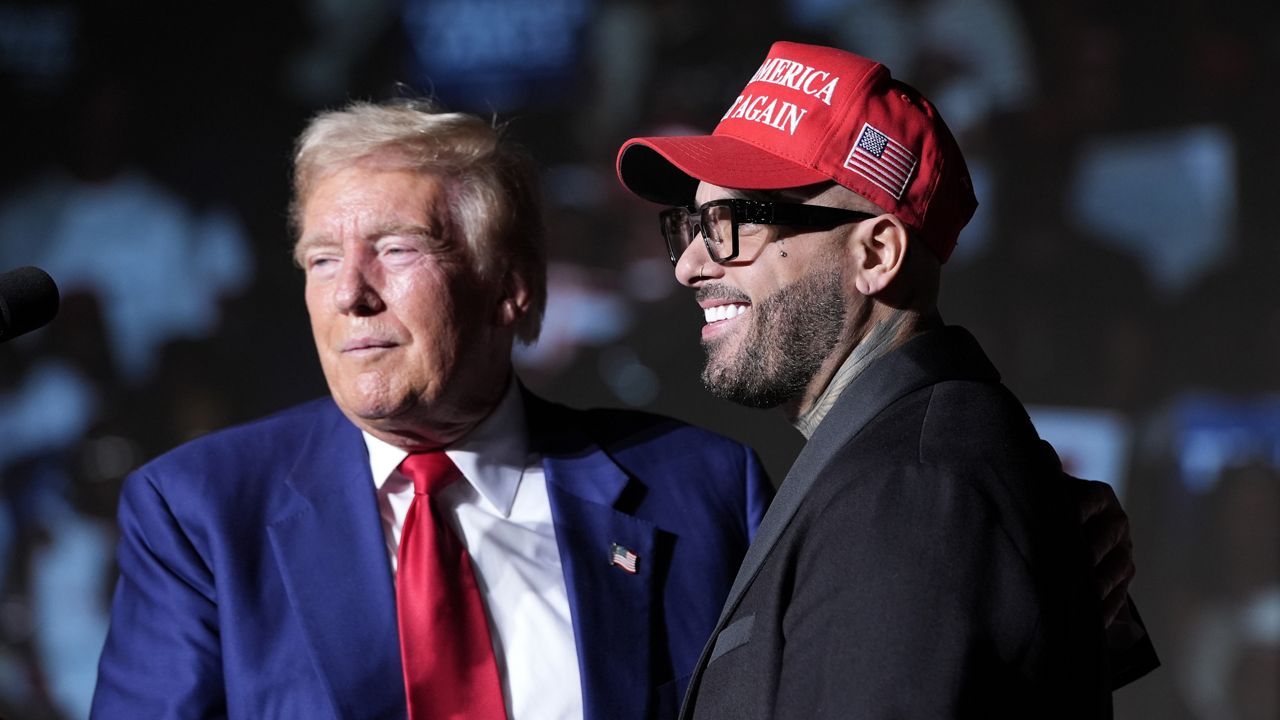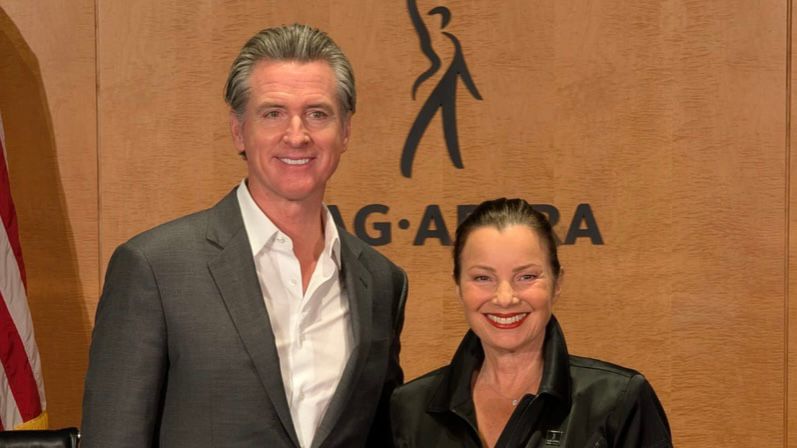F. Lee Bailey, the attorney who represented O.J. Simpson, publishing heiress Patty Hearst, Albert DeSalvo, the man who confessed to being the "Boston Strangler," has died at 87.
The news was first repoted by the Boston Globe, who received confirmation of Bailey's death from his former law partner, Superior Court Judge Kenneth J. Fishman. Bailey's son, Bendrix Bailey, confirmed his death to the Washington Post. Peter Horstmann, who worked with Bailey, confirmed the news to The Associated Press.
Bailey was part of Simpson's "dream team" of high-profile attorneys during the former football star's widely televised murder trial, for which he was acquitted of the death of his ex-wife, Nicole Brown Simpson, and her friend Ron Goldman.
In a video posted to Twitter, Simpson mourned the loss of his "great friend" Bailey, calling him "one of the great lawyers of our time."
"F. Lee Bailey was a great guy," Simpson said. "He was the one lawyer that, every morning came into this little lockup cell they had me in before the trial to talk to me and tell me what to expect that day. He was great. He was smart. Sharp as ever."
Simpson said in the video that Bailey had finished a book about his trial this week, which he said he was "looking forward to reading."
“Maybe the best lawyer of our time, of his generation,” Simpson continued. “But a great guy. God bless his family. God bless you, Lee. You’ll be missed by me.”
One of the most memorable moments of the trial came when Bailey aggressively cross-examined Los Angeles police Detective Mark Fuhrman in an attempt to portray him as a racist whose goal was to frame Simpson. It was classic Bailey.
Fuhrman denied using racial epithets, but the defense later turned up recordings of Fuhrman making racist slurs.
Even though Fuhrman remained cool under pressure, and some legal experts called the confrontation a draw, Bailey, recalling the exchange months later, said, “That was the day Fuhrman dug his own grave.”
In a legal career that lasted more than four decades, Bailey was seen as arrogant, egocentric and contemptuous of authority. But he was also acknowledged as bold, brilliant, meticulous and tireless in the defense of his clients.
“The legal profession is a business with a tremendous collection of egos,” Bailey said an in interview with U.S. News and World Report in September 1981. “Few people who are not strong egotistically gravitate to it.”
Some of Bailey’s other high-profile clients included Dr. Samuel Sheppard — accused of killing his wife — and Capt. Ernest Medina, charged in connection with the My Lai massacre during the Vietnam War.
“I have never known a greater intellect than that possessed by F. Lee Bailey,” said J. Albert Johnson, Bailey’s longtime legal partner and childhood friend.
Bailey earned acquittals for many of his clients, but he also lost cases, most notably Hearst’s.
Hearst, a publishing heiress, was kidnapped by the Symbionese Liberation Army terrorist group on Feb. 4, 1974, and participated in armed robberies with the group. At trial, Bailey claimed she was coerced into participating because she feared for her life. She still was convicted.
Hearst called Bailey an “ineffective counsel” who reduced the trial to “a mockery, a farce, and a sham,” in a declaration she signed with a motion to reduce her sentence. Hearst accused him of sacrificing her defense in an effort to get a book deal about the case.
She was released in January 1979 after President Jimmy Carter commuted her sentence.
Bailey made his name as the attorney for Sheppard, an Ohio osteopath convicted in 1954 of murdering his wife.
Sheppard spent more than a decade behind bars before the U.S. Supreme Court ruled in a landmark 1966 decision that “massive, pervasive, prejudicial publicity” had violated his rights. Bailey helped win an acquittal at a second trial.
Bailey also defended DeSalvo, the man who claimed responsibility for the Boston Strangler murders between 1962 and 1964. DeSalvo confessed to the slayings, but was never tried or convicted, and later recanted. Despite doubts thrown on DeSalvo’s claim, Bailey always maintained that DeSalvo was the strangler.
Throughout his career, Bailey antagonized authorities with his sometimes abrasive style and his quest for publicity. He was censured by a Massachusetts judge in 1970 for “his philosophy of extreme egocentricity,” and was disbarred for a year in New Jersey in 1971 for talking publicly about a case.
Bailey was disbarred in Florida in 2001 and the next year in Massachusetts for the way he handled millions of dollars in stock owned by a convicted drug smuggler in 1994. He spent almost six weeks in federal prison charged with contempt of court in 1996 after refusing to turn over the stock. The experience left him “embittered.” He eventually won the right to practice law in Maine in 2013.
Francis Lee Bailey was born in the Boston suburb of Waltham, the son of a newspaper advertising man and a schoolteacher.
He enrolled at Harvard University in 1950 but left at the end of his sophomore year to train to become a Marine pilot. He retained a lifelong love of flying and even owned his own aviation company.
While in the military, Bailey volunteered for the legal staff at the Cherry Point Marine Corps Air Station in North Carolina, and soon found himself the legal officer for more than 2,000 men.
Bailey earned a law degree from Boston University in 1960, where he had a 90.5 average, but he graduated without honors because he refused to join the Law Review. He said the university waived the requirement for an undergraduate degree because of his military legal experience.
Bailey was married four times and divorced three. His fourth wife, Patricia, died in 1999. He had three children.
The Associated Press contributed to this report.








